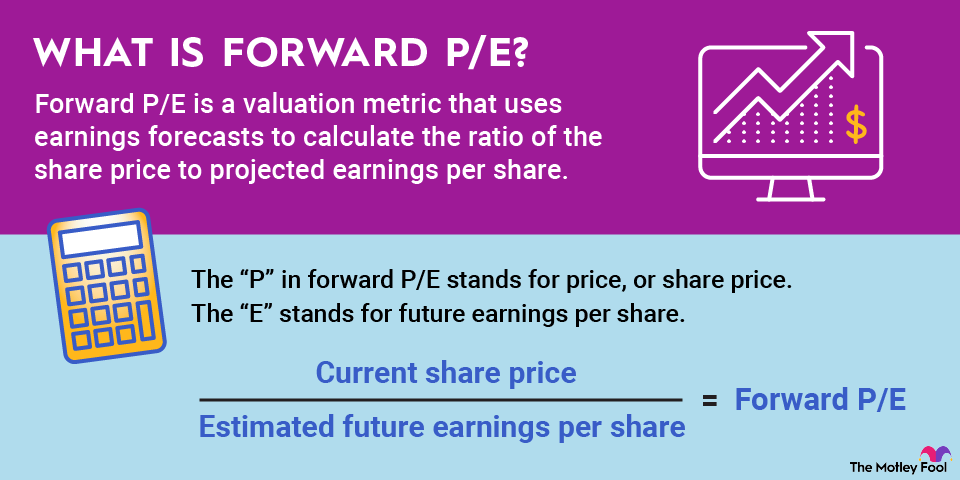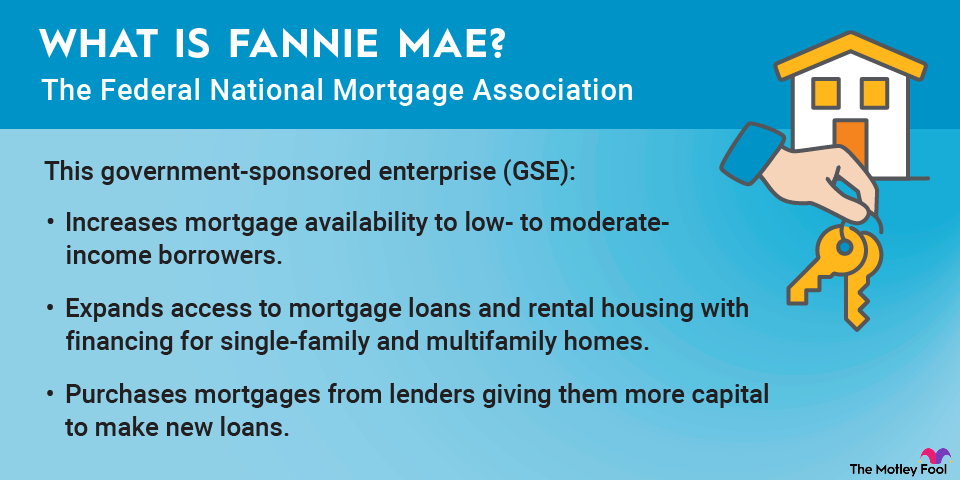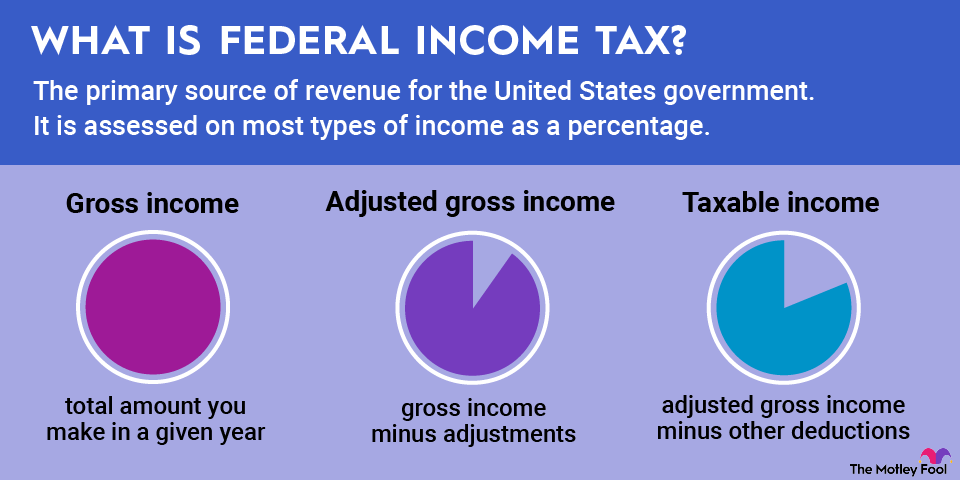What are FICA taxes?
The excitement of getting a raise usually dries up the second you see your new paycheck. Why? Because FICA taxes and other deductions chip away at your gross income, leaving a net amount that can feel disappointing.
Let's dive into that FICA line item on your pay stub, so at least you'll know where your hard-earned money is going. Below are the must-know details about FICA taxes.

Understanding FICA taxes
FICA is a federal payroll tax, and the acronym stands for Federal Insurance Contributions Act.
There are two components of FICA: A Social Security tax and a Medicare tax. The Social Security tax rate applied to your gross income is 6.2%. The Medicare tax rate is 1.45%. Combined, that's 7.65%, which equates to $4,554.81 a year based on an average salary of $59,540.
Your employer also pays the same rates on your behalf. If you are self-employed, you are responsible for the employee and the employer portions. That amounts to 12.4% for Social Security and 2.9% for Medicare, or 15.3% in total. The 15.3% rate applied to a $59,540 salary translates to $9,109.62 in annual FICA taxes.
There is an annual limit on the Social Security portion of FICA. The number changes each year, but in 2024, income over $168,600 is exempt from the Social Security tax. That means the most you'll pay this year for Social Security taxes as an employee is $10,453.20, or $168,600 multiplied by 6.2%.
The Medicare tax has no income cap, and you may pay a higher Medicare tax rate if you earn a healthy wage. Once your pay exceeds $200,000 annually, your employer must withhold an additional 0.9%. Your filing status determines the extra tax you end up paying.
Why you pay FICA taxes
You cannot decline FICA taxes; they are mandatory.
By working and paying FICA taxes, you earn credits to qualify for Social Security benefits in retirement. You need 40 lifetime credits to qualify, and you earn up to four credits annually. That translates to 10 years of full-time work with FICA tax payments before you're eligible to receive Social Security.
Note that the Social Security taxes you pay are not set aside for you. Your paid taxes fund benefits for current beneficiaries. When you retire, the working population at that time should be funding your benefits.
The Medicare portion of FICA funds Medicare's hospital coverage, also known as Medicare Part A. You become eligible for Medicare Part A when you reach age 65.
The realities of Social Security and Medicare
Paying FICA taxes throughout your career, unfortunately, does not guarantee retirement or insurance benefits in your senior years. Official projections estimate funding shortfalls for Social Security and Medicare Part A in 2033 and 2031, respectively. Benefits won't stop in those years, but they will likely be reduced if no funding change is implemented.
Also, even if the funding issues are resolved, you may be disappointed by the value of these benefits. Social Security taken at full retirement age only replaces an average of 40% working income. High income earners will see a lower replacement rate, and low income earners should see a higher replacement rate. But no one realizes a 100% replacement rate from Social Security.
As for Medicare, the taxes fund hospital insurance only. The primary benefit is in-patient care. Medicare Part B helps pay for outpatient services like doctors' visits. You do pay a premium for Part B, which is normally deducted from your Social Security check.
The point is that paying FICA taxes is not an alternative to saving for retirement.
Related investing topics
Future of FICA
Given the uncertain outlook for Social Security and Medicare Part A, FICA taxes are likely to change at some point. Proposals to fully fund the programs involve tax increases, benefit reductions, or both.
The most obvious tax increase would come in the form of higher payroll deductions. One projection by the American Academy of Actuaries (AAA), as reported by Newsweek, suggests a 25% increase in the Social Security tax would delay the funding shortfall by raising the rate for employees from 6.2% to 7.75%.
Alternatively, the cap on income subject to Social Security tax could also be eliminated or modified. AAA has also proposed taxing all income over $400,000 or simply taxing 90% of total earnings.
Benefit cuts are challenging because Social Security income currently keeps an estimated 28.9 million people out of poverty. For this reason, these proposals generally target high-income earners only.
Whether you make a tidy wage or a big one, two things are true. You must pay your FICA taxes, and those payments don't guarantee a comfortable retirement. Now's the time to save as much as you can, especially if your FICA tax rate may rise in the future.



















